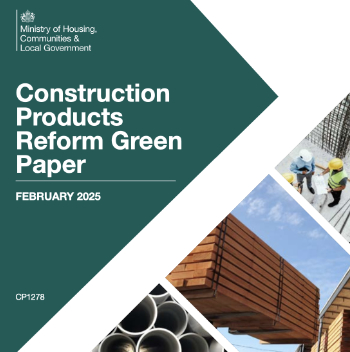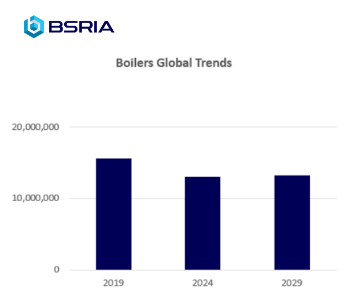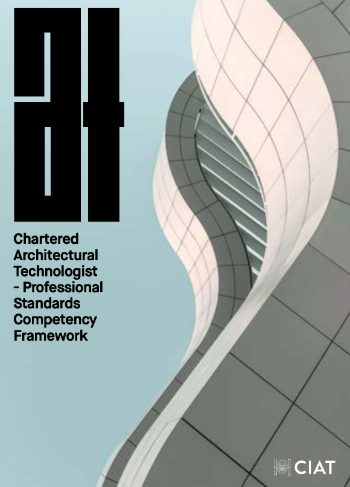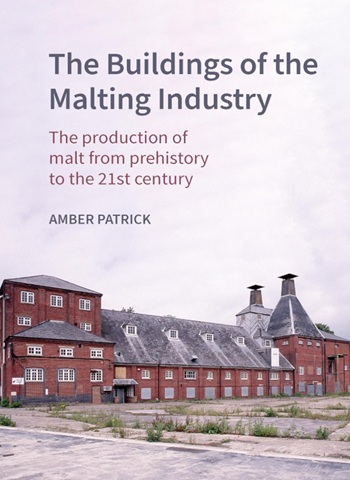Quantity surveyor’s fees
Quantity surveyors (QS, sometimes referred to as cost consultants) provide expert advice on construction costs. They help to ensure that proposed projects are affordable and offer good value for money, helping the client and the design team assess and compare different options, and then track variations, ensuring that costs remain under control as the project progresses. Quantity surveyors can specialise in a specific aspect of construction costs, or in a particular type of construction.
On large projects, building contractors may have their own in-house quantity surveyors whose fees are included as part of the overall tender price. Smaller projects, may involve a private quantity surveyor (PQS), or a client may employ a quantity surveyor on larger projects to verify charges, provide advice on costs, help make appointments and so on.
Quantity surveyors are often employed on a percentage of the total contract cost. This can be around 0.5 to 2% but it will vary very significantly depending on the experience of the quantity surveyors, the type and complexity of project, the size of the project and the scope of services required.
Since the RICS abolished their indicative fee scales (the last one being withdrawn in 2000) there is very little benchmarking information freely available or guidance on appropriate fee levels. However, the Canadian Institute of Quantity Surveyors publish a fee schedule which ranges from 1.9% for a complex $1 million building to 0.2% for a simple $200 million + building. Ref http://www.ciqs.org/english/recommended-fee-schedule
Quantity surveyors can also be appointed on a time-charge basis, typically if just a small amount of work is required, if the work is urgent, or if the scope of the work is difficult to define. In this case, the services required and the likely amount of time should be agreed in detail, and perhaps a cap on the fee that can be charged without seeking further approval. Again, rates will vary very significantly depending on the experience of the quantity surveyor and the nature of the work required.
Sometimes a fixed fee may be negotiated, if for example, just a single report is required.
Fees should be negotiated with the quantity surveyor before starting work, and set out in writing. The Royal Institution of Chartered Surveyors (RICS) recommends that two or three chartered surveyors are approached for quotes before selecting one.
[edit] Related articles on Designing Buildings
Featured articles and news
Design and construction material libraries
Material, sample, product or detail libraries a key component of any architectural design practice.
Construction Products Reform Green Paper and Consultation
Still time to respond as consultation closes on 21 May 2025.
Resilient façade systems for smog reduction in Shanghai
A technical approach using computer simulation and analysis of solar radiation, wind patterns, and ventilation.
Digital technology, transformation and cybersecurity
Supporting SMEs through Digitalisation in Construction.
Villa Wolf in Gubin, history and reconstruction. Book review.
Construction contract awards down £1bn
Decline over the past two months compared to the same period last year, follows the positive start to the year.
Editor's broadbrush view on forms of electrical heating in context.
The pace of heating change; BSRIA market intelligence
Electric Dreams, Boiler Realities.
New President of ECA announced
Ruth Devine MBE becomes the 112th President of the Electrical Contractors Association.
New CIAT Professional Standards Competency Framework
Supercedes the 2019 Professional Standards Framework from 1 May 2025.
Difficult Sites: Architecture Against the Odds
Free exhibition at the RIBA Architecture Gallery until 31 May.
PPN 021: Payment Spot Checks in Public Sub-Contracts
Published following consultation and influence from ECA.
Designing Buildings reaches 20,000 articles
We take a look back at some of the stranger contributions.
Lessons learned from other industries.
The Buildings of the Malting Industry. Book review.
Conserving places with climate resilience in mind.






















